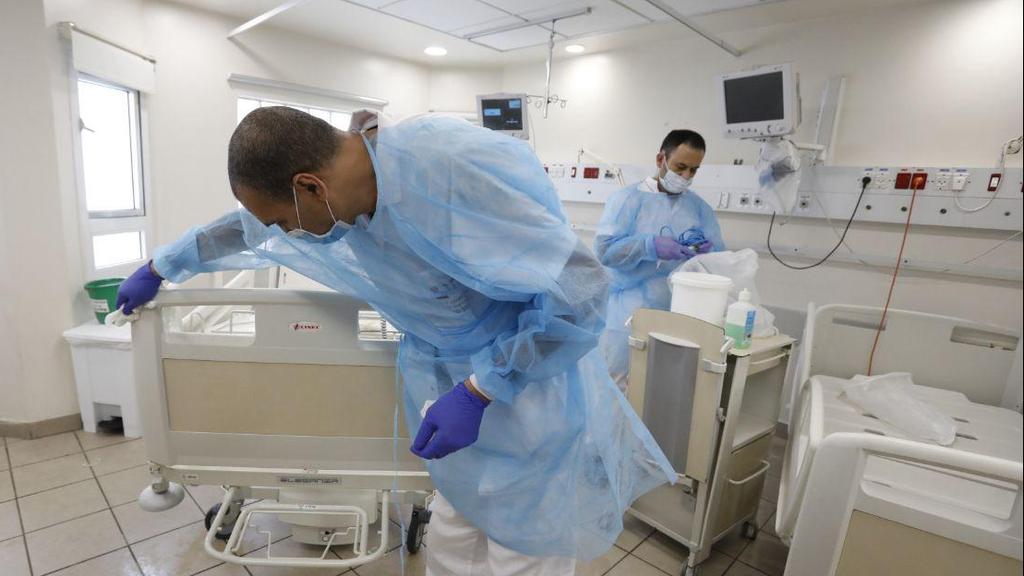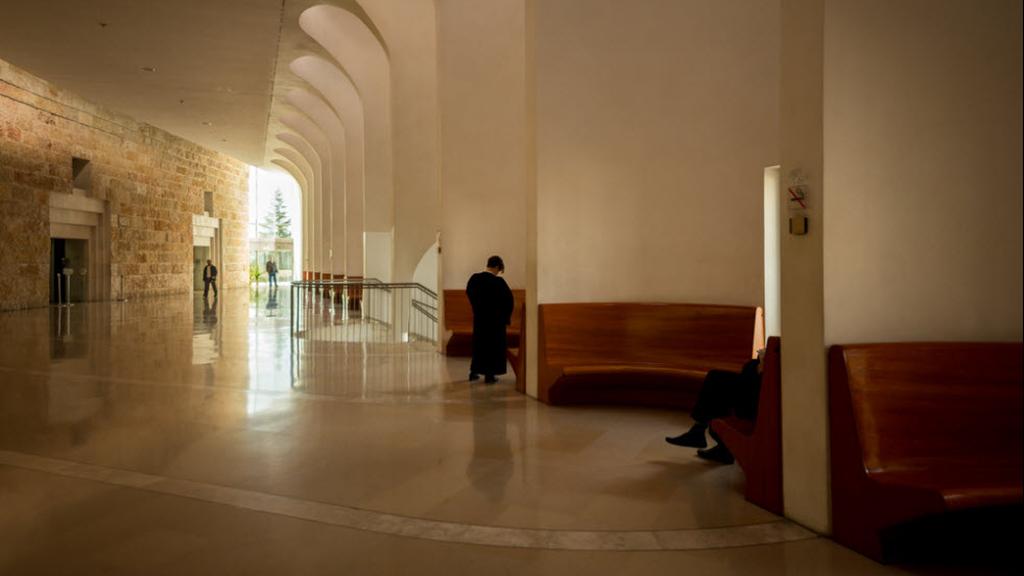Getting your Trinity Audio player ready...
Civil liberties activists asked the Supreme Court on Thursday to suspend cellphone monitoring put in place under emergency regulations to try to slow the spread of the coronavirus.
Surveillance began this week after the government approved special orders that circumvented customary parliamentary oversight and enabled the Shin Bet security agency to tap into cellular location data.
The Association of Civil Rights in Israel, Adalah - The Legal Center for Arab Minority Rights - and Joint List of Arab petitioned the court to freeze the monitoring.
"The government cannot bypass the legislature and hide behind a general state of emergency to commit such extreme human rights violations," Adalah said in a statement. "This crosses a red line no less troubling than the coronavirus epidemic itself."
Supreme Court Chief Justice Esther Hayut asked why the Knesset could not be convened on Thursday to elect relevant committee members and was told the Knesset Speaker had to allow the Knesset to convene outside the regular schedule.
The Health Ministry said it had already alerted some 400 people found to have been near a coronavirus carrier. The cabinet set a two-week period for the emergency rules.
Prime Minister Benjamin Netanyahu has said waiting for parliament to act would have wasted time and cost lives.
Israel has 529 confirmed coronavirus cases and Netanyahu has said he will issue lockdown orders unless people step up compliance with guidelines urging them to stay at home.
2 View gallery


Teams prepare dedicated hospital ard to treat serious coronavirus cases
(Photo: Shaul Golan)
Parliament was sworn in on Monday but Likud and Blue & White were at loggerheads over the formation of legislative committees, including one that would address the cyber-monitoring issue.
Asking the court to dismiss the petitions, the state said that once parliament establishes a committee that can draw up a law governing monitoring procedures during the health crisis, the cabinet will seek "normal legislation".
Attorney-General Avichai Mandelblit responded to the allegations, saying that the move to bypass the parliamentary committee was necessary as the formation of the new Knesset and its committees — following this month’s election — was delaying the process.


